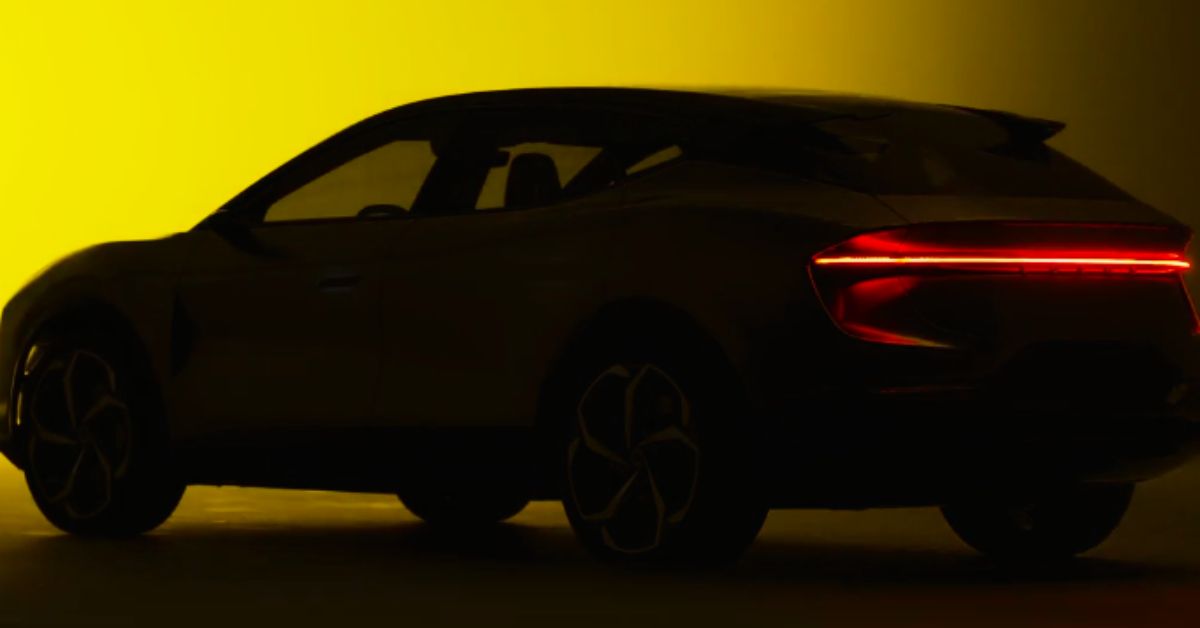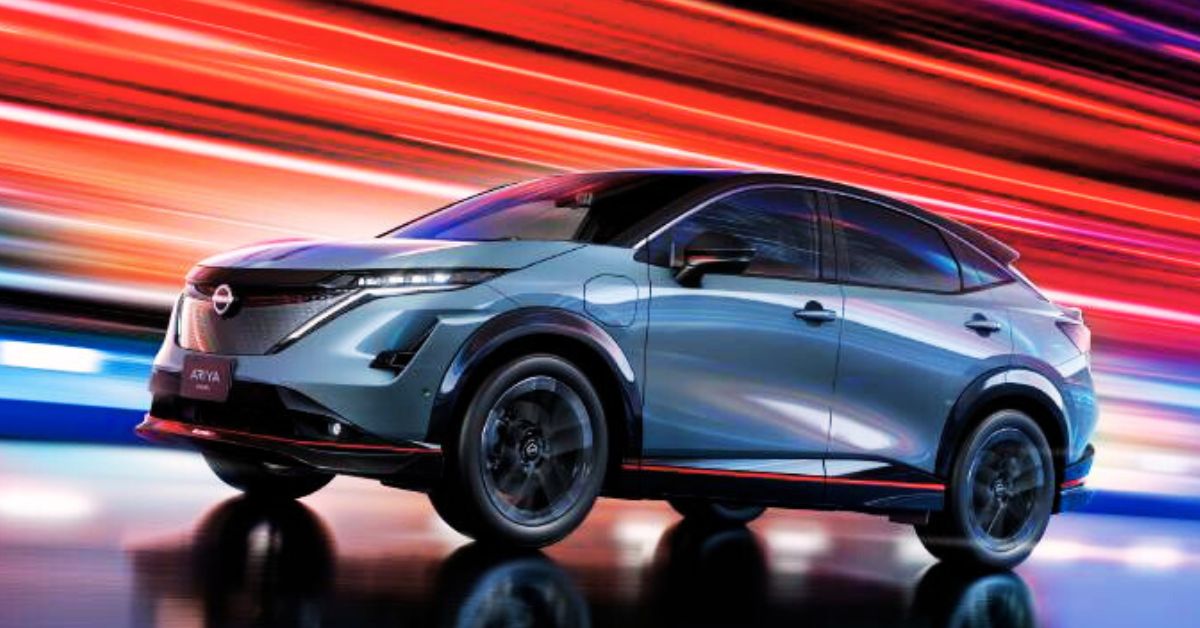
Last week, the well-known luxury sports car and electric vehicle manufacturer Lotus successfully wrapped up its SPAC merger in the United States, marking its debut on the stock market last Friday. This development brings an intriguing twist to Lotus Tech, the company backed by Geely. Especially amid uncertainties surrounding the electric vehicle market, Lotus Tech’s foray into public trading stands out as a unique move that could potentially set it apart from the challenges faced by other dedicated electric vehicle manufacturers.
Lotus Tech, now trading as LOT on the Nasdaq, is making waves in the high-end electric vehicle market. With a focus on luxury, their Eletre SUV and Emeya sedan are set to hit not only the U.S. but also European and Chinese markets.
Lotus Tech’s CFO, Alexious Lee, emphasized the significance, stating, “The key takeaway is our expansion into multiple markets simultaneously, offering a diverse range of models through an increased number of stores.” Lee shared these insights with Yahoo Finance directly from the Nasdaq market site.
Lotus is making four cars by the end of the year, with three of them being electric. These cars are already in Asia Pacific, some in the UK and EU. The new Eletre SUV is coming to the U.S. in the third quarter. CFO Alexious Lee says they adapt strategies and offerings for different markets and conditions.
Thanks to the support of its main owner, the Chinese auto giant Geely, Lotus has the flexibility to enter various markets. In addition to Geely’s backing, Lotus Tech successfully secured substantial funding through its SPAC merger. The company shared that it gathered over $880 million in commitments from pre-closing and PIPE financing. On the listing day, their anticipated valuation is close to an impressive $7 billion.
Lotus Tech entered into a noteworthy partnership during its SPAC merger by joining forces with L Catterton Asia Acquisition Corp (LCAA). Notably, LCAA has the backing of the renowned French luxury conglomerate LVMH, adding an intriguing dimension to Lotus Tech’s strategic moves.
As Lotus sets its sights on the luxury market, particularly with the Eletre and Emeya priced between $80,000 to $150,000, having LVMH as a partner brings significant advantages. LVMH’s extensive connections and understanding of luxury consumers could prove immensely beneficial for Lotus in this high-end automotive venture.
According to Lee, the significance lies in Anish Melwani, LVMH North America’s CEO, joining the board of Lotus Tech. Lee sees this as a substantial opportunity for potential collaborations, such as co-branding and co-marketing initiatives. The aim is to leverage this partnership to assist Lotus in executing its strategy and realizing its full potential in the rapidly growing and underserved luxury electric vehicle market.
Although the LVMH partnership adds a commendable touch to Lotus, rivals like Mercedes, BMW, and Polestar may argue that the global luxury EV market is already well-served. However, what stands out is that while these established brands are scaling back investments and delaying their EV plans, Lotus is charging ahead at full speed.
Lee points to Oliver Wyman’s research, emphasizing the $80,000-$150,000 luxury segment as a major volume contributor, yet surprisingly underserved. According to the data, this segment is anticipated to witness an impressive 35% Compound Annual Growth Rate (CAGR) over the next decade.
Focusing on the posh luxury market, getting a financial boost from China’s Geely, and partnering with LVMH in the SPAC merger, Lee sees a bright future for Lotus. The real curiosity is whether Lotus’s high-end, albeit pricey, cars will charm the wallets of luxury enthusiasts. It’s like a thrilling bet in the realm of fancy cars.



